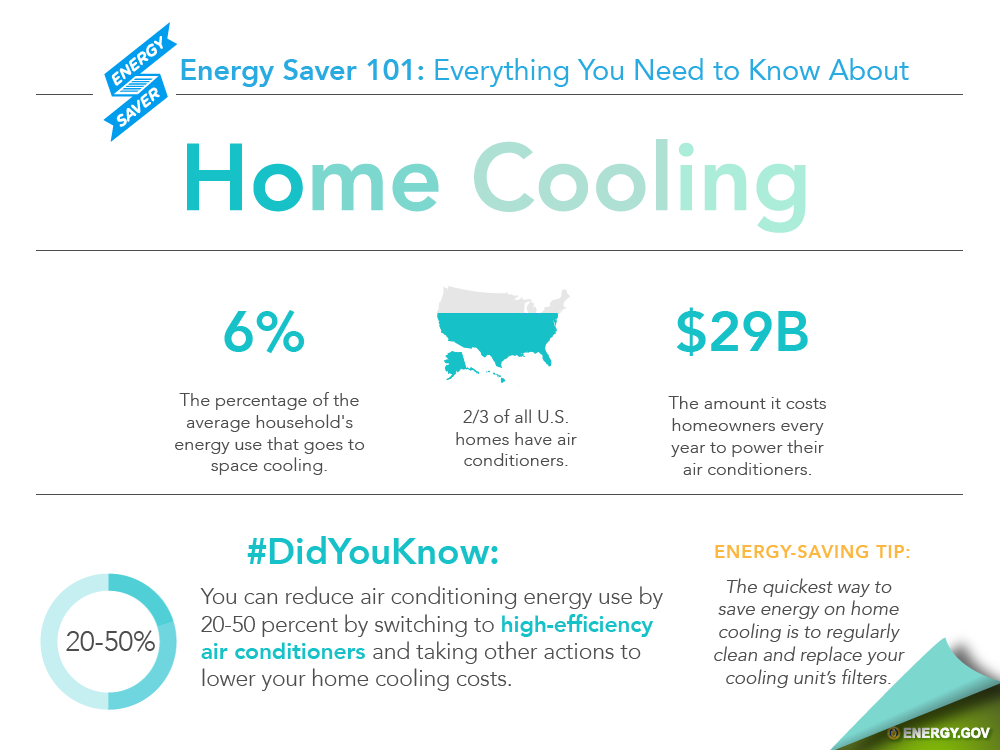The Future Of Home Home Heating - How Heatpump Innovation Is Evolving
The Future Of Home Home Heating - How Heatpump Innovation Is Evolving
Blog Article
Post Writer-Dugan MacGregor
Heatpump will certainly be a crucial modern technology for decarbonising heating. In a situation regular with governments' announced power and climate dedications, their international ability increases by 2030, while their share in heating rises to one-quarter.
They function best in well-insulated homes and depend on electrical energy, which can be provided from a sustainable power grid. Technological breakthroughs are making them much more efficient, smarter and less expensive.
Fuel Cells
Heatpump make use of a compressor, cooling agent, coils and fans to relocate the air and warm in homes and appliances. They can be powered by solar energy or power from the grid. They have actually been obtaining appeal as a result of their low cost, silent procedure and the capacity to produce electricity during peak power need.
Some business, like IdaTech and BG MicroGen, are working with gas cells for home heating. These microgenerators can replace a gas boiler and produce a few of a home's electrical needs with a link to the electrical power grid for the remainder.
Yet there are factors to be doubtful of using hydrogen for home heating, Rosenow states. It would certainly be pricey and inefficient compared to various other technologies, and it would certainly contribute to carbon discharges.
Smart and Connected Technologies
Smart home modern technology allows property owners to attach and manage their tools remotely with using smartphone applications. For Click Webpage , wise thermostats can discover your heating preferences and immediately adapt to maximize energy consumption. Smart lighting systems can be regulated with voice commands and instantly shut off lights when you leave the area, lowering energy waste. And clever plugs can keep track of and handle your electric use, permitting you to identify and restrict energy-hungry home appliances.
The tech-savvy home depicted in Carina's meeting is an excellent illustration of exactly how occupants reconfigure space heating techniques in the light of brand-new wise home modern technologies. They rely on the tools' automated features to perform daily adjustments and concern them as a practical ways of performing their heating methods. As such, they see no reason to adapt their practices even more in order to allow versatility in their home power need, and interventions focusing on doing so may deal with resistance from these families.
Electrical energy
Since heating up homes accounts for 13% people exhausts, a switch to cleaner options can make a huge distinction. Yet the technology encounters challenges: It's expensive and needs substantial home improvements. And it's not always suitable with renewable energy resources, such as solar and wind.
Till recently, electrical heat pumps were also expensive to compete with gas versions in most markets. Yet brand-new innovations in design and products are making them extra budget-friendly. And far better chilly environment performance is enabling them to work well also in subzero temperatures.
The next action in decarbonising home heating might be making use of heat networks, which attract warmth from a main resource, such as a close-by river or sea inlet, and disperse it to a network of homes or buildings. That would certainly lower carbon discharges and permit homes to take advantage of renewable energy, such as eco-friendly electrical energy from a grid provided by renewables. This alternative would be much less pricey than switching over to hydrogen, a nonrenewable fuel source that needs brand-new framework and would only reduce carbon dioxide emissions by 5 percent if coupled with improved home insulation.
installation of heat pumps
As electrical power rates go down, we're starting to see the very same trend in home heating that has driven electrical automobiles into the mainstream-- but at an even quicker rate. The solid environment instance for electrifying homes has actually been pressed better by new study.
Renewables account for a considerable share of modern warmth usage, yet have actually been offered restricted policy attention around the world contrasted to various other end-use markets-- and also much less focus than power has. In part, this mirrors a mix of customer inertia, split rewards and, in several nations, subsidies for nonrenewable fuel sources.
New technologies could make the shift easier. For instance, heat pumps can be made extra power reliable by replacing old R-22 refrigerants with new ones that do not have the high GWPs of their precursors. Some professionals additionally imagine area systems that draw warmth from a neighboring river or sea inlet, like a Norwegian fjord. The cozy water can then be used for heating and cooling in a neighborhood.